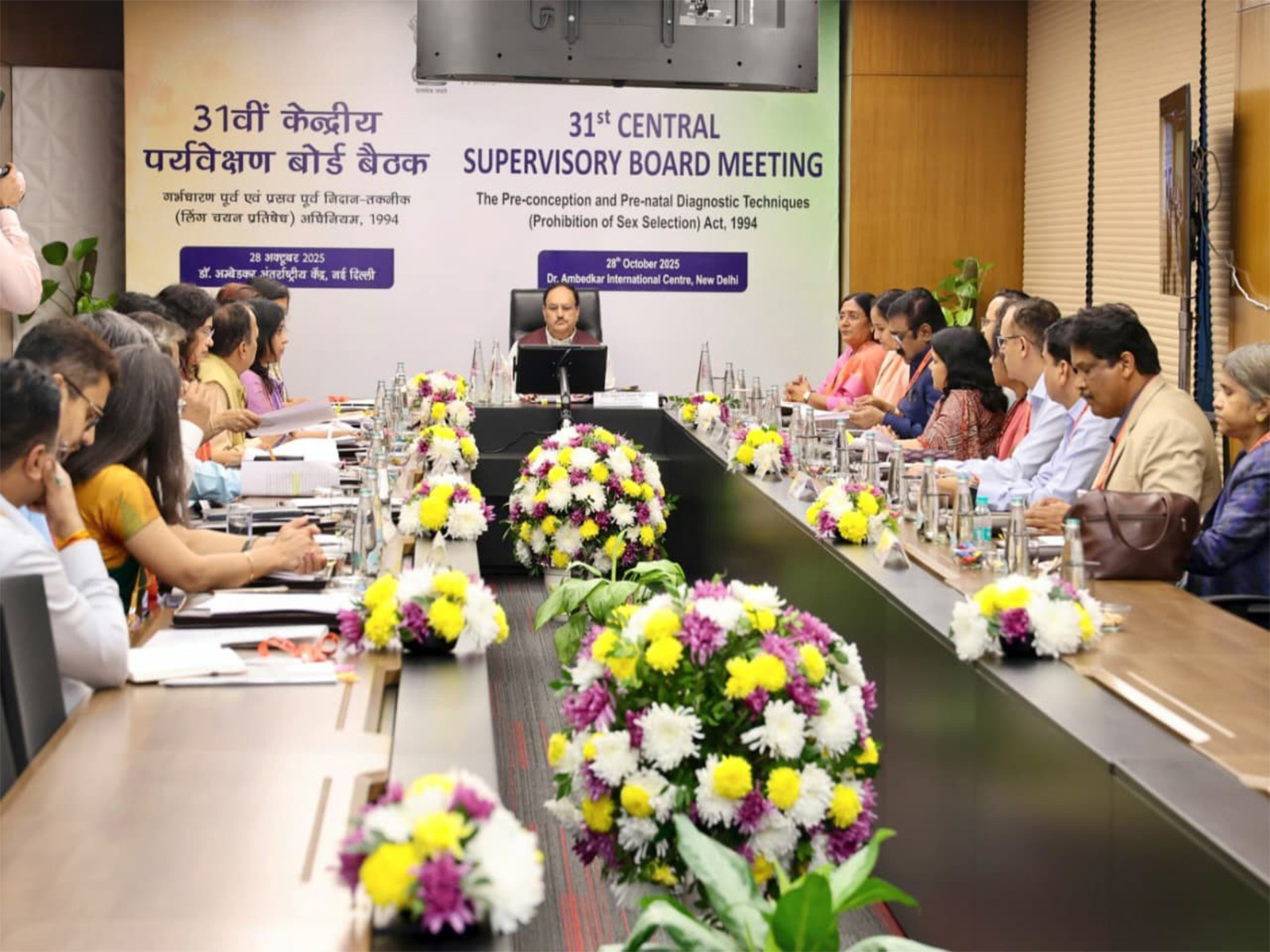India's Fight Against Gender Discrimination: Progress and Challenges Revealed
Union Health Minister JP Nadda led the 31st Central Supervisory Board meeting to tackle gender discrimination. Notable strides in improving the Sex Ratio at Birth were highlighted, alongside state-driven initiatives. The call for enhanced enforcement and awareness remains pressing in combating sex-selective practices across the nation.

- Country:
- India
In New Delhi, Union Minister for Health and Family Welfare, Jagat Prakash Nadda, chaired the 31st meeting of the Central Supervisory Board (CSB) on Tuesday. The focus was on renewing efforts to curb gender discrimination and assessing the progress of previously decided measures. Central to the discussions was the ongoing issue of sex-selective abortions and gender bias.
The Health Minister expressed hope regarding India's advancements toward gender equality, referencing the latest Sample Registration Survey (SRS) data for 2021-23, which indicated an improvement in the Sex Ratio at Birth (SRB). Nadda noted that 12 states have surpassed the national SRB average of 917, reflecting diminished sex-based discrimination. The Minister also highlighted better outcomes from court cases, facility registrations, and premise inspections compared to the previous year.
JP Nadda touched on the recent National Sensitisation Meeting, emphasizing the importance of technology-driven challenges such as portable diagnostics and genetic testing. He called for increased state-level workshops and regular interactions to foster awareness and enforcement. Applauding states like Madhya Pradesh and Rajasthan for their tactical approaches, he urged others to emulate these efforts, fortifying India's response to gender-biased sex selection.
Union Health Secretary Punya Salila Srivastava reiterated the Health Ministry's dedication to women's and children's well-being, pointed out by the improvement in the SRB as per SRS 2023 data. She stressed the need for ongoing adherence to the PC&PNDT Act to curb the misuse of medical technology for sex determination.
Meanwhile, Savitri Thakur, Union Minister of State for Women and Child Development, commended the Government's strides in preventing sex-selective abortions. She advocated for cultural shifts fostering the appreciation and protection of daughters, underlining the influence of the Beti Bachao Beti Padhao initiative. The meeting concluded with an appeal from the Union Health Minister urging all stakeholders to work collectively in safeguarding the girl child across the nation.









